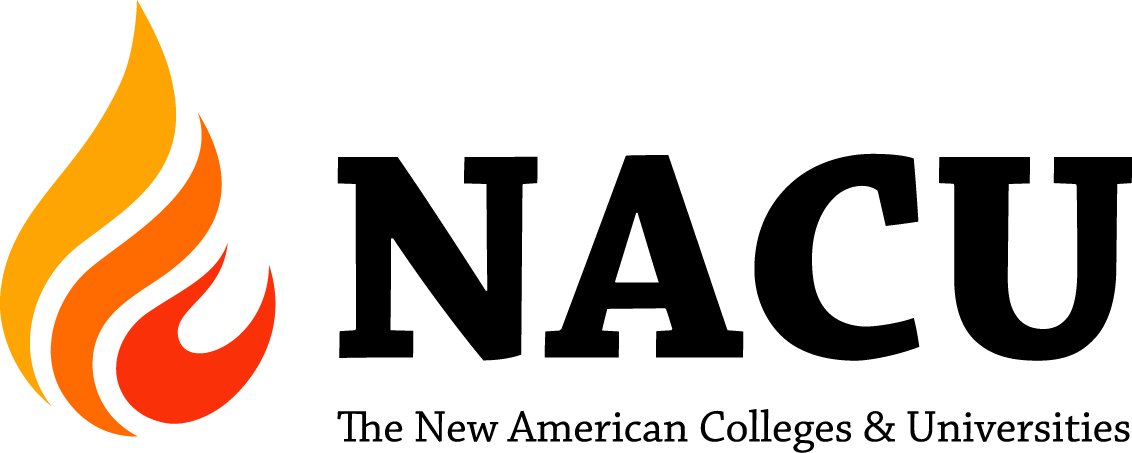Credits, Costs, and Internships
/Over the weekend, the Washington Post published an article on the question of "Should Colleges Charge for Academic Credit for Unpaid Internships?", and Inside Higher Ed published today an article covering the same topic in which I am quoted. I wanted to flesh out some of the issues raised in both articles, and provide some thoughts that weren't included in the IHE article (I know, the article wasn't about me, so I'm not offended every little thing I said wasn't included).
First, in the IHE article, I am quoted saying that I don't know of any colleges who don't charge tuition to receive credit. This is placed in the context of internships, but what I also want to point out is that this is the case for anything: I don't know of any college that awards credit for free. Some of what I read in these two articles seemed to try to say that internships are cheaper for institutions: that institutions do not actually provide the internships--internship hosts do--and are thus of no cost to the institution. Tuition does not just pay for a faculty member's salary, but for everything at an institution (there may be arguments to be made about how an institution decides to spend a student's tuition, but that's a far larger and more complex discussion). Thus, to say that internships are cheaper than regular classes is something of a red herring and leads us down a dark road, where students would pay less for a 200-student lecture class than a 15-student seminar. I don't think we want to have that or similar pricing models (English classes are cheaper because they don't use resources like Biology classes?).
Second, what I constantly try to emphasize is that internships are learning experiences. Here is my slightly inelegant quote,
If you see this as work that is strictly to gain professional experience so you can get a job, I think the best kind of internships are not like that.
(I may have said that, but I hope you don't think I would actually write like that.)
What I was trying to say, is that I can understand student frustration at the idea of paying for credits for "work"--which was a word I saw repeatedly in both articles. However, an internship should not be "work," but a learning experience that connects to the rest of the academic career, that encourages putting theory into practice, and that produces learning outcomes both academic and personal. I think some of the debate here is predicated on viewing internships as not valid learning experiences like a class or research; I obviously disagree with that view.
Institutions play a large role in ensuring that students receive the kind of learning experience I described through their internships by providing support before, during, and after the internship experience--and that support costs money. Certainly, there are issues to be resolved about accessibility to quality internships for all students, and we work hard with our institutional partners to make our program as affordable as possible. However, I think students who participate in our program and other internships where learning is thoroughly emphasized and supported find the experience valuable academically, personally, and professionally--and worth the cost of tuition.


